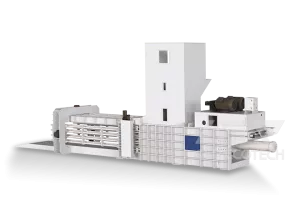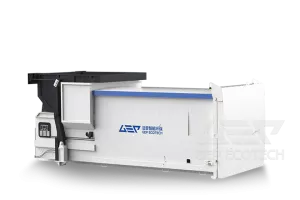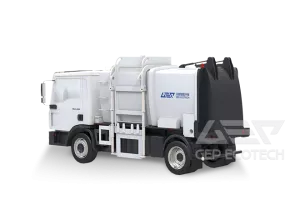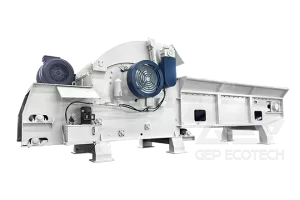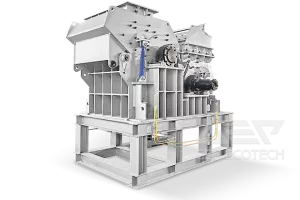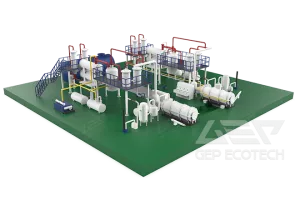The utilization of shredders to crush organic garbage represents a pivotal advancement in waste management technology, facilitating the more efficient processing and recycling of organic waste materials. This approach not only significantly reduces the volume of waste that must be dealt with but also contributes to the production of valuable by-products, such as compost or biofuel. This article delves into the studies surrounding the use of shredders for crushing organic garbage, highlighting the benefits, challenges, and potential applications of this innovative waste management solution.
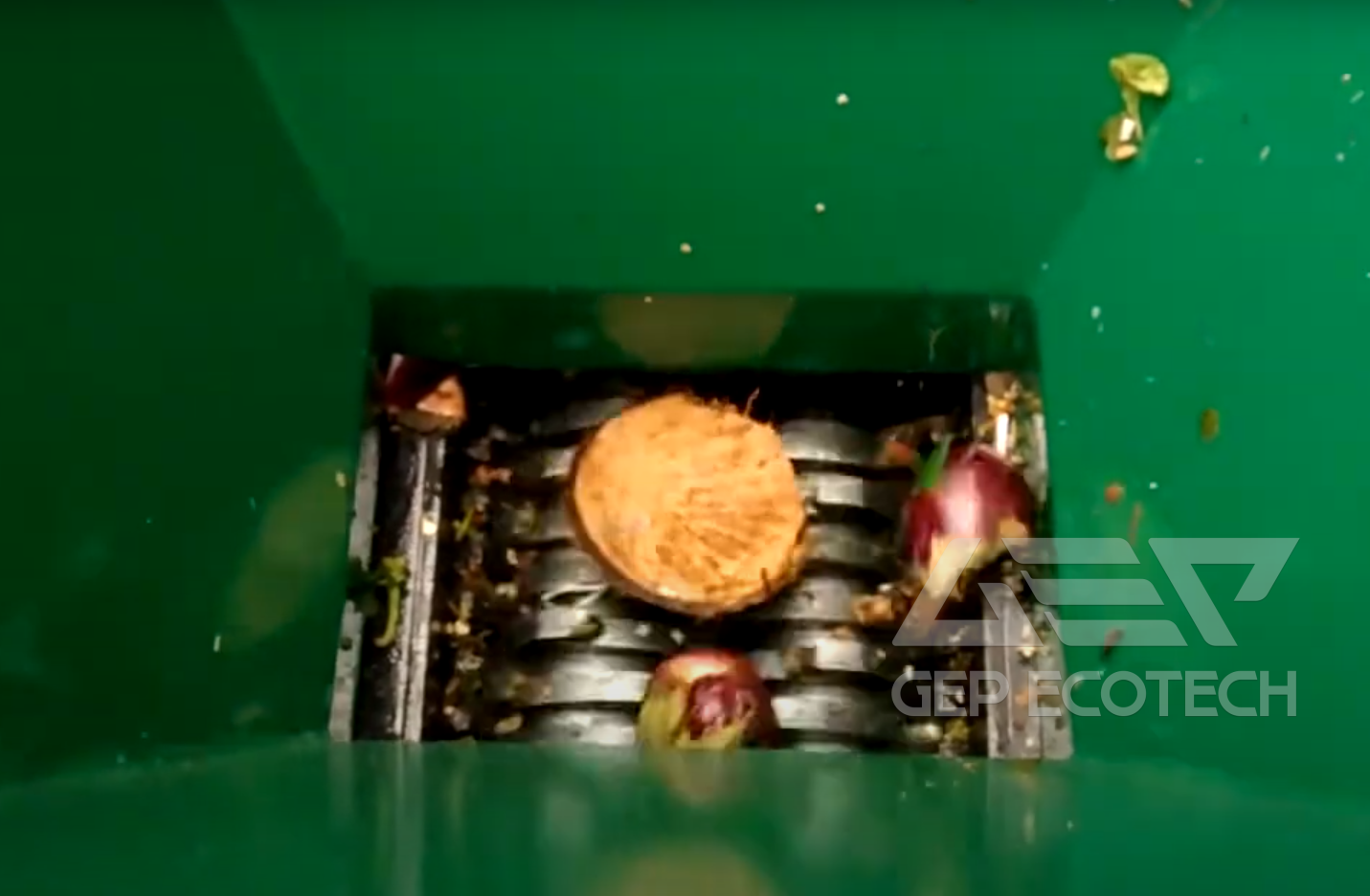
Introduction to Shredding Organic Garbage
Organic waste, comprising food scraps, yard waste, and other biodegradable materials, constitutes a significant portion of the solid waste stream in many communities worldwide. Traditional disposal methods, such as landfilling, not only occupy valuable land resources but also pose environmental risks, including methane emissions and leachate production. Shredding organic garbage before processing it into compost or biofuel can mitigate these issues, offering an environmentally friendly alternative to conventional waste disposal methods.
Benefits of Shredding Organic Garbage
- Efficient Waste Volume Reduction: Shredding significantly reduces the volume of organic waste, making it easier to handle, transport, and process. This reduction in volume can lead to decreased transportation costs and lower greenhouse gas emissions associated with waste logistics.
- Enhanced Composting Process: Shredded organic material decomposes more quickly than unshredded material, as the increased surface area improves microbial activity. This accelerates the composting process, producing high-quality compost in a shorter time frame.
- Feedstock for Biofuel Production: Shredded organic waste can serve as an excellent feedstock for anaerobic digestion processes, where it is converted into biogas, a renewable energy source. This application not only provides an alternative to fossil fuels but also contributes to the circular economy by recycling waste materials into energy.
Challenges in Shredding Organic Garbage
Despite its advantages, shredding organic garbage also presents certain challenges:
- Equipment Maintenance: The presence of moisture and variability in organic waste composition can lead to frequent equipment clogging and wear, necessitating regular maintenance and potentially leading to higher operational costs.
- Contamination: Organic waste may contain contaminants, such as plastics or metals, which can damage shredding equipment and degrade the quality of the end products. Effective pre-sorting and decontamination processes are crucial to mitigate these issues.
- Odor and Pest Attraction: The process of shredding can release odors and attract pests, posing challenges for waste processing facilities. Implementing odor control measures and enclosed processing systems can help address these concerns.
Case Studies and Applications
Several studies and projects have demonstrated the effectiveness of using shredders for organic waste management. For instance, a project in a European city showed that implementing a centralized organic waste shredding and composting facility significantly reduced municipal waste volume and increased recycling rates. Another study focused on the anaerobic digestion of shredded organic waste, highlighting its potential to generate substantial amounts of biogas, thereby providing a sustainable energy source for local communities.
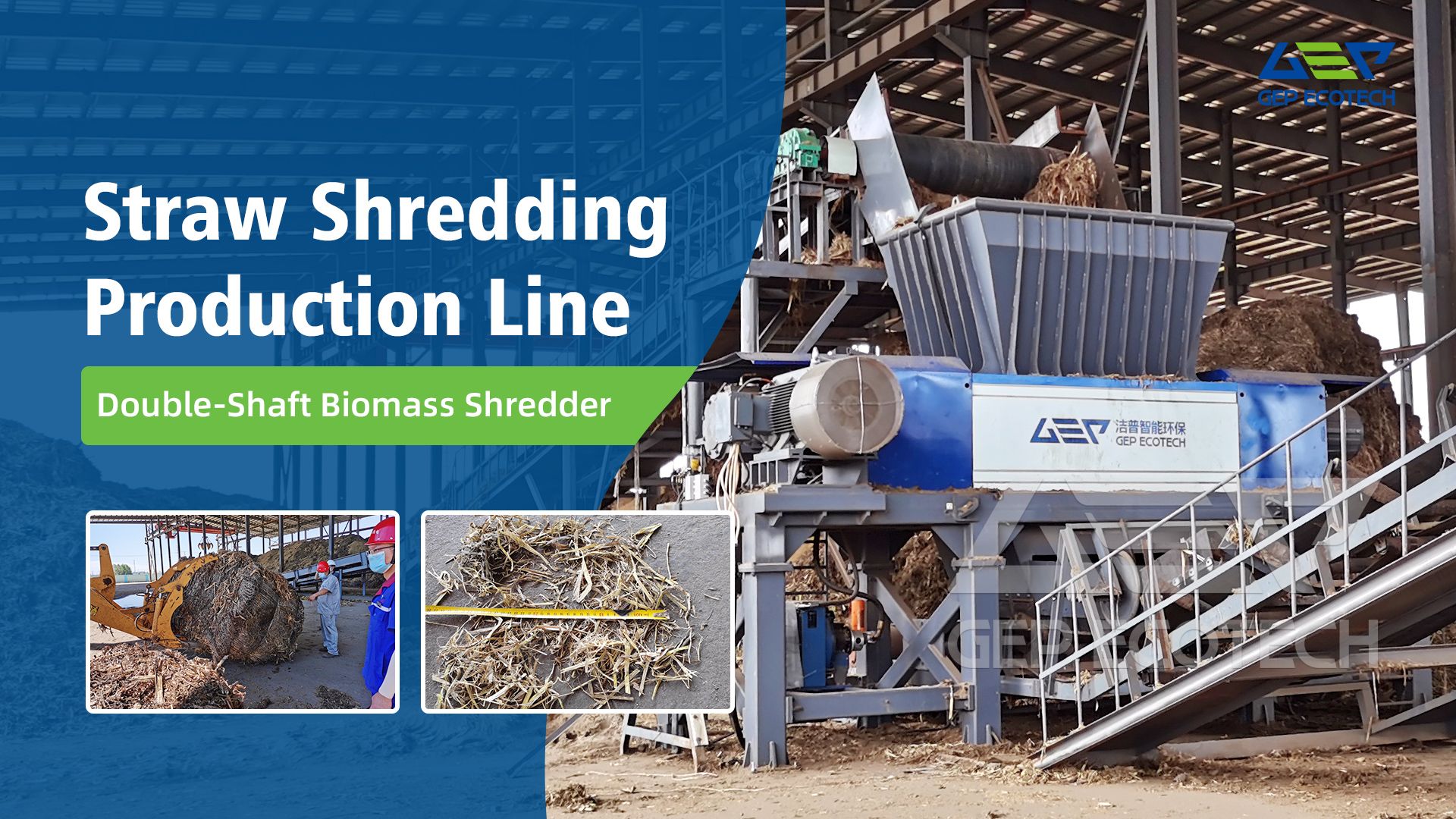
The shredding of organic garbage offers a promising solution to the challenges of organic waste management, providing numerous environmental and economic benefits. By reducing waste volume, enhancing composting processes, and serving as a feedstock for biofuel production, this approach contributes to the development of sustainable waste management systems. However, addressing the challenges associated with equipment maintenance, contamination, and odor control is essential for the successful implementation of organic waste shredding programs. Future research and innovation in shredder technology and waste processing methods will continue to improve the efficiency and effectiveness of organic waste recycling initiatives.


